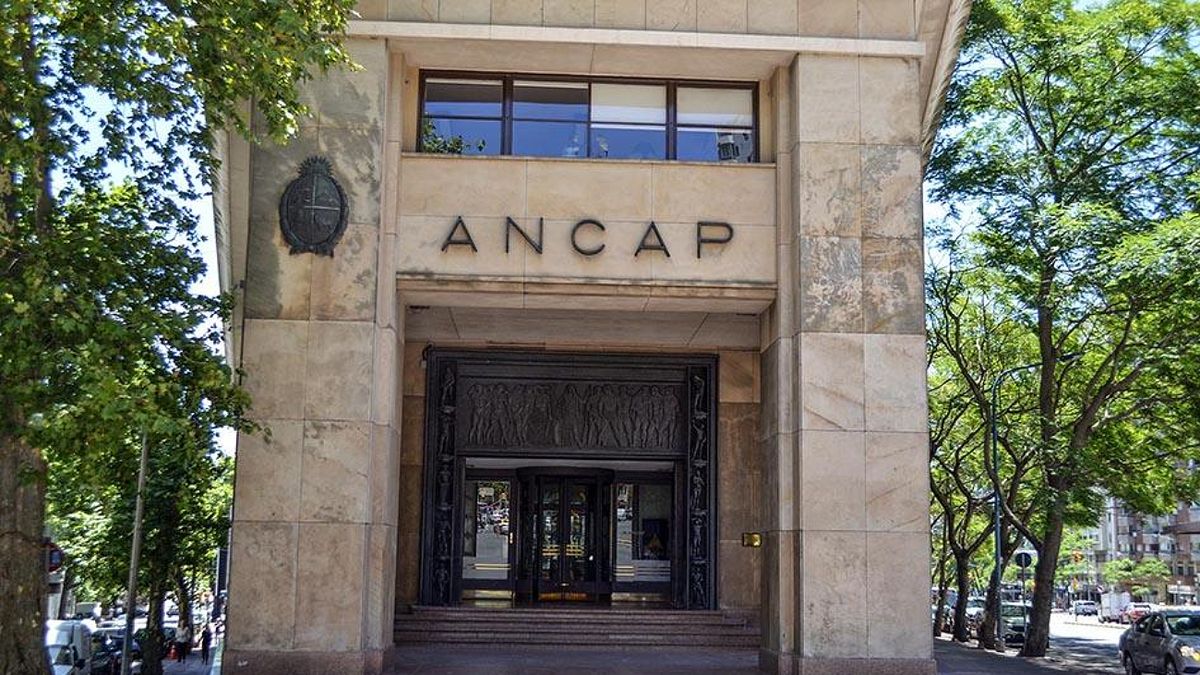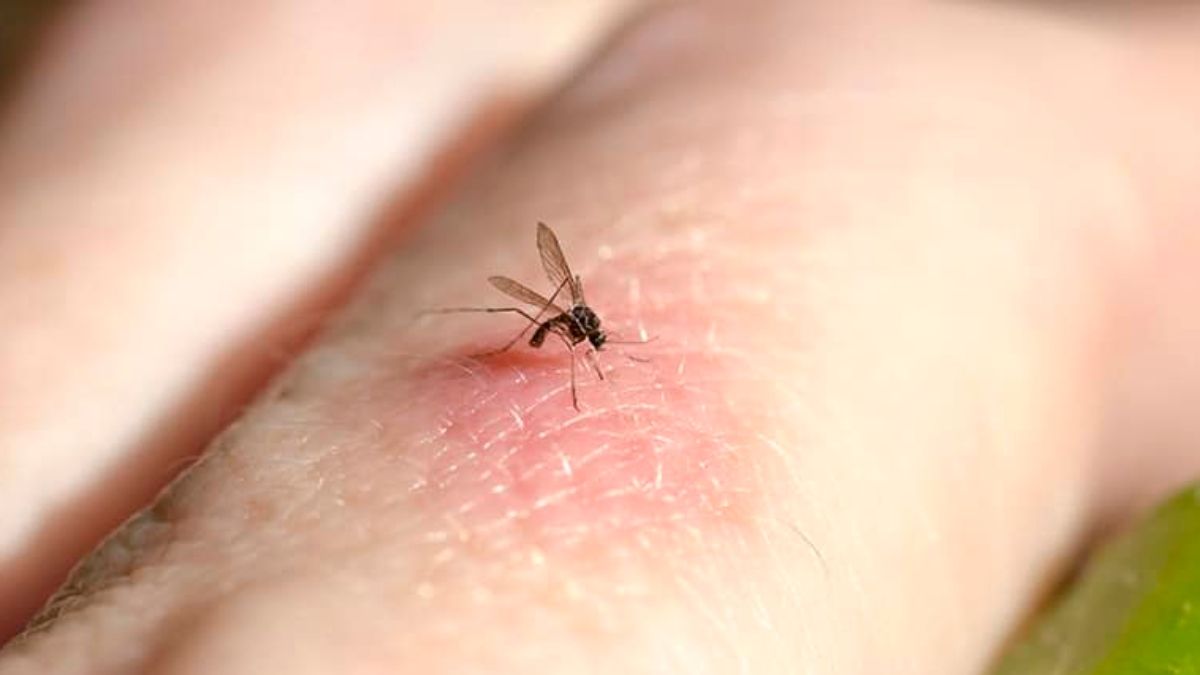The public enterprises of Uruguay had a poor performance during 2023 in relation to the objectives and commitments made: of the 17 companies, none met the goals and some could not even exceed 50%, according to the latest Accountability.
As usual, the Accountability Report presented by the Ministry of Economy and Finance (MEF) In the middle of the year, it includes an evaluation of the performance of the country’s public companies based on the fulfillment of management goals established in their respective budget decrees. These must be “comprehensive, focused, relevant and challenging.”
However, those set for 2023 may have been too challenging, as none of the companies managed to fully meet them. The closest were the National Postal Administration (ANC) With 91.7%, the National Housing Agency (ANV) with 90.9%, and the Communications Services Regulatory Unit (Ursec) and the Republic Bank (BROU) with 81.8%.
Overall, the achievement of goals had a slight year-on-year drop, going from 67.2% in 2022 to 65.1% last year. The best result of this government was achieved in 2020 with 81.2%, when the ANV, the National Postal Administrationthe National Port Administration (ANP) and the Central Bank (BCU) They reached 100%. The following year no public company achieved this goal and in 2022 only Correo achieved it.
How did the other companies fare?
Among the country’s major public companies, the BROU had the highest percentage of compliance, with 81.8%, achieving nine of the 11 commitments made for last year.
On the positive side, the elimination of 67% of vacancies, the reduction in overtime and the profit obtained in the year were highlighted, as well as the decrease in the non-performing loan rate in the private non-financial sector and the growth of the corporate loan portfolio.
The National Administration of State Water Works (OSE) The government also achieved a performance close to the average, with 57.9% of the objectives met, that is, 11 of 19 assumed. These included sanitation, water billed in Montevideo and the elimination of vacancies. He also managed to reduce spending on trusted staff of the board and on overtime granted.
The water and sanitation gap also exceeded the targets for water coverage as a percentage of the urban population (99.5% over 99%), for the total population (95.4% over 94.8%) and for sanitation coverage as a percentage of the urban population (55.5% over 52%).
The National Administration of State Power Plants and Electric Transmissions (UTE)for its part, managed to meet five of the nine commitments assumed, which meant a percentage of 55.6%. Positive results were obtained in profitability, percentage of collection, expected losses in the areas of distribution and commercial, duration of power outages in hours and frequency of outages.
The National Administration of Fuels, Alcohol and Portland (Ancap)meanwhile, met 50% of the planned goals, with the warning signs concentrated mainly in the Portland business. While Antel had only 37.5% compliance, with only three of the eight objectives achieved.
Source: Ambito




